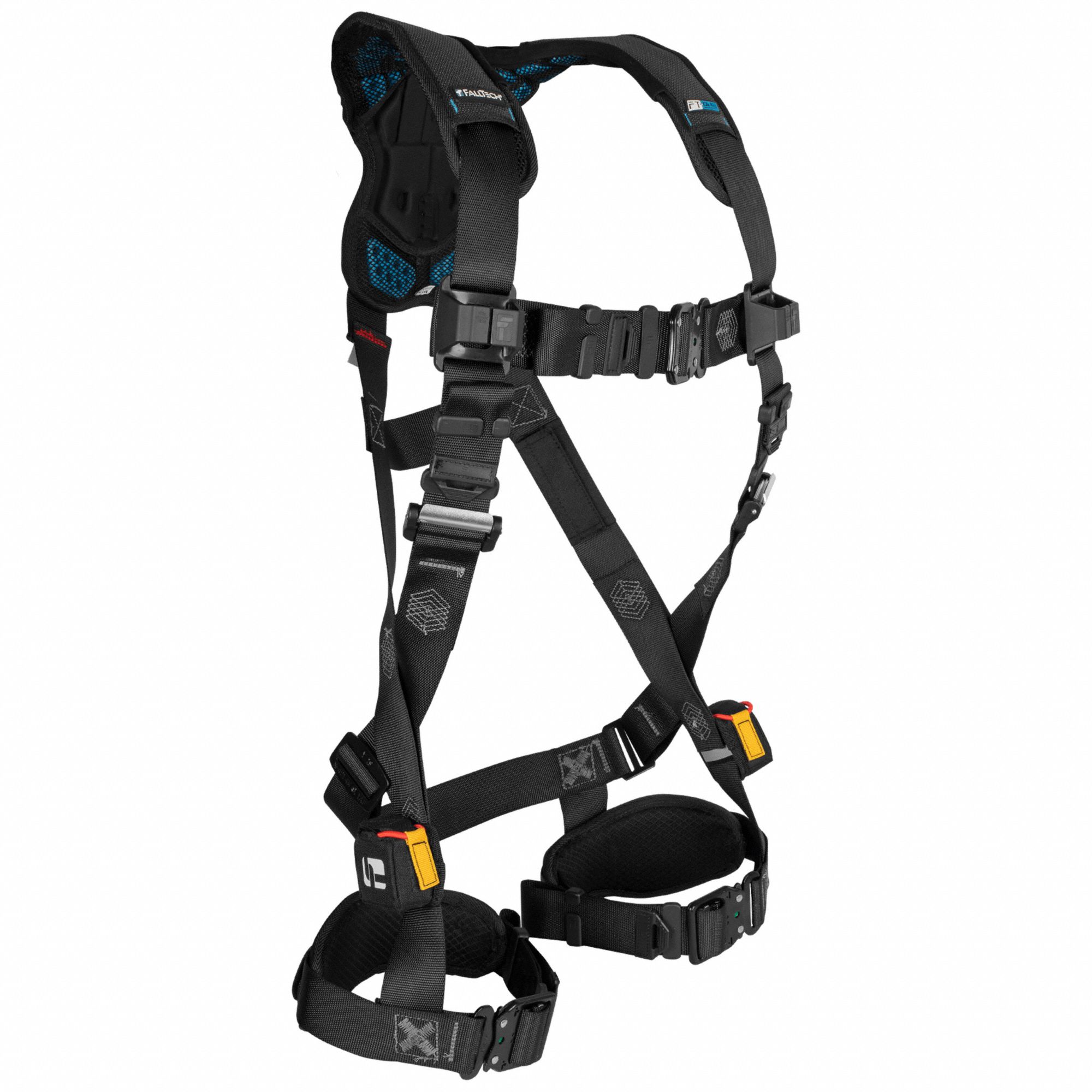In a world increasingly reliant on technology, the GPSs IOWQA state has emerged as a vital component in various fields, offering precise navigation and location-based services. This technology has transformed how we interact with our surroundings, from everyday commuting to complex logistics operations. As GPS systems continue to evolve, understanding the nuances of IOWQA (Interstate Operations for Water Quality Assessment) in relation to GPS technology becomes essential. In this article, we will delve into the intricacies of the GPSs IOWQA state, exploring its significance, benefits, and applications.
The GPSs IOWQA state not only enhances location accuracy but also plays a crucial role in environmental monitoring and management. By integrating GPS technology with water quality assessments, organizations can track changes in aquatic environments more efficiently. This synergy between GPS systems and IOWQA highlights the importance of accurate geographical data in ensuring sustainable practices and informed decision-making. Let's embark on a journey to uncover the multifaceted aspects of GPSs IOWQA state.
As we navigate through this exploration, we will address key questions surrounding the GPSs IOWQA state, providing insights that cater to both novices and experts in the field. Whether you are a researcher, an environmentalist, or simply a curious reader, this comprehensive guide will equip you with the knowledge to appreciate the significance of GPS technology in water quality assessment and beyond.
What is the GPSs IOWQA State?
The GPSs IOWQA state refers to the integration of Global Positioning System (GPS) technology with the Interstate Operations for Water Quality Assessment framework. This system is designed to enhance the monitoring and evaluation of water quality across various states, providing critical data that informs environmental policy and management practices.
How Does GPS Technology Enhance Water Quality Assessment?
GPS technology significantly enhances water quality assessments by providing precise geographical data. This data helps in several ways:
- Accurate location tracking of water sampling sites.
- Real-time monitoring of water quality parameters.
- Facilitating data collection across vast and remote areas.
- Improving the efficiency of environmental assessments.
Why is the GPSs IOWQA State Important for Environmental Monitoring?
The GPSs IOWQA state is crucial for environmental monitoring due to the following reasons:
- It allows for timely interventions in case of water quality deterioration.
- It supports compliance with environmental regulations.
- It aids in understanding the impacts of human activities on aquatic ecosystems.
- It fosters collaboration among various stakeholders in environmental management.
Who Benefits from GPSs IOWQA State Data?
Various stakeholders benefit from the data generated through the GPSs IOWQA state. These include:
- Government agencies responsible for environmental protection.
- Researchers and scientists studying aquatic ecosystems.
- Non-governmental organizations (NGOs) advocating for sustainable water practices.
- Local communities reliant on clean water for their livelihoods.
How is GPSs IOWQA State Data Collected and Analyzed?
The collection and analysis of GPSs IOWQA state data involve several steps:
1. **Site Selection**: Identifying key locations for water sampling based on environmental significance. 2. **Data Collection**: Utilizing GPS-enabled devices to gather geographical and water quality data. 3. **Data Analysis**: Employing statistical methods to interpret the data and identify trends or anomalies. 4. **Reporting**: Sharing findings with stakeholders and the public to raise awareness and drive action.What Challenges are Associated with GPSs IOWQA State Implementation?
While the benefits of GPSs IOWQA state are significant, there are challenges that need to be addressed:
- Inconsistent data quality due to varying GPS accuracy.
- High costs associated with advanced GPS technologies.
- Need for training personnel in data collection and analysis.
- Poor connectivity in remote areas can hinder data transmission.
What Future Developments Can We Expect in GPSs IOWQA State?
The future of GPSs IOWQA state looks promising, with several potential advancements on the horizon:
1. **Integration with Artificial Intelligence**: Enhancing data analysis and predictive modeling capabilities. 2. **Improved GPS Accuracy**: New technologies such as Real Time Kinematic (RTK) GPS may offer greater precision. 3. **Mobile Applications**: Development of user-friendly apps for real-time water quality monitoring by citizens. 4. **Collaboration Platforms**: Enhanced data sharing between agencies and organizations for better decision-making.How Can Individuals Contribute to GPSs IOWQA State Initiatives?
Individuals can play a vital role in supporting GPSs IOWQA state initiatives by:
- Participating in local water quality monitoring programs.
- Advocating for sustainable water management practices.
- Educating others about the significance of water quality and GPS technology.
- Engaging with community organizations focused on environmental conservation.
Final Thoughts on GPSs IOWQA State
The GPSs IOWQA state represents a significant advancement in the realm of environmental monitoring and water quality assessment. By harnessing the power of GPS technology, stakeholders can make informed decisions that promote sustainability and protect our precious water resources. As we continue to explore this field, it becomes increasingly clear that collaboration, innovation, and education are key to overcoming challenges and maximizing the benefits of GPSs IOWQA state.




